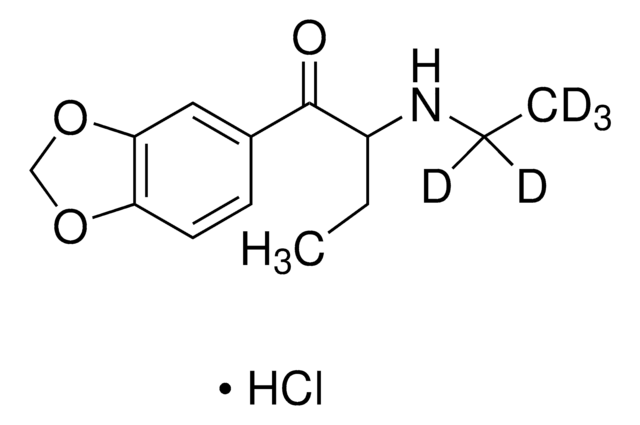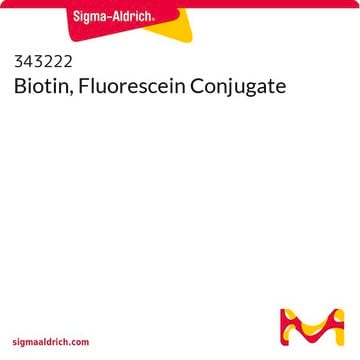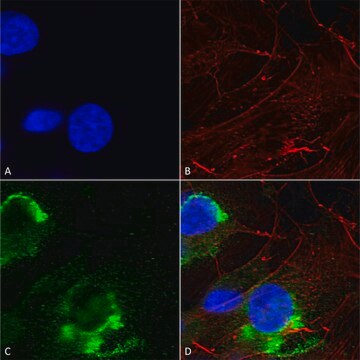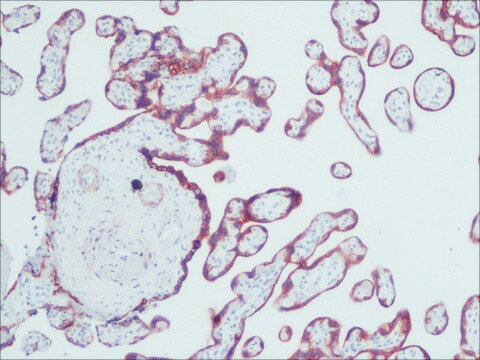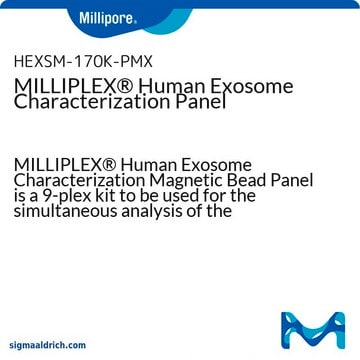MABC1036
Anti-EphA7 Antibody, clone 2F3.1
clone 2F3.1, from mouse
Sinónimos:
Ephrin type-A receptor 7, EHK-3, EK11, EPH homology kinase 3, EPH-like kinase 11, hEK11, Receptor protein-tyrosine kinase HEK11, Tyrosine-protein kinase receptor EHK-3
About This Item
Productos recomendados
biological source
mouse
Quality Level
antibody form
purified immunoglobulin
antibody product type
primary antibodies
clone
2F3.1, monoclonal
species reactivity
human
technique(s)
western blot: suitable
isotype
IgG2aκ
NCBI accession no.
UniProt accession no.
shipped in
wet ice
target post-translational modification
unmodified
Gene Information
human ... EPHA7(2045)
General description
Specificity
Immunogen
Application
Apoptosis & Cancer
Cytokines & Cytokine Receptors
Quality
Western Blotting Analysis: 0.5 µg/mL of this antibody detected EphA7 in 10 µg of MCF-7 cell lysate.
Target description
Physical form
Storage and Stability
Other Notes
Disclaimer
¿No encuentra el producto adecuado?
Pruebe nuestro Herramienta de selección de productos.
Storage Class
12 - Non Combustible Liquids
wgk_germany
WGK 1
flash_point_f
Not applicable
flash_point_c
Not applicable
Certificados de análisis (COA)
Busque Certificados de análisis (COA) introduciendo el número de lote del producto. Los números de lote se encuentran en la etiqueta del producto después de las palabras «Lot» o «Batch»
¿Ya tiene este producto?
Encuentre la documentación para los productos que ha comprado recientemente en la Biblioteca de documentos.
Nuestro equipo de científicos tiene experiencia en todas las áreas de investigación: Ciencias de la vida, Ciencia de los materiales, Síntesis química, Cromatografía, Analítica y muchas otras.
Póngase en contacto con el Servicio técnico

